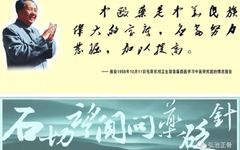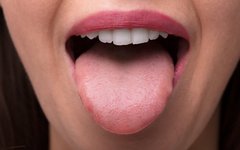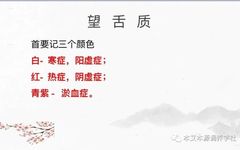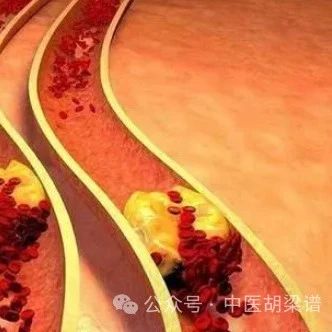Simplifying Pulse Diagnosis: Revisiting the Binhu Pulse Method
Floating Pulse Today, I would like to learn with everyone about the Binhu Pulse Method. The enlightenment of pulse diagnosis begins with the Binhu pulse method, and through long-term practice, I feel that revisiting the Binhu pulse method is a very important matter. Although there are many types of pulses, they can be categorized based … Read more










